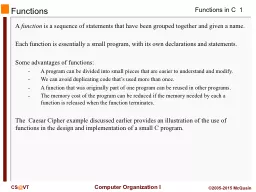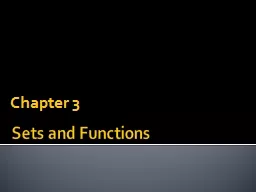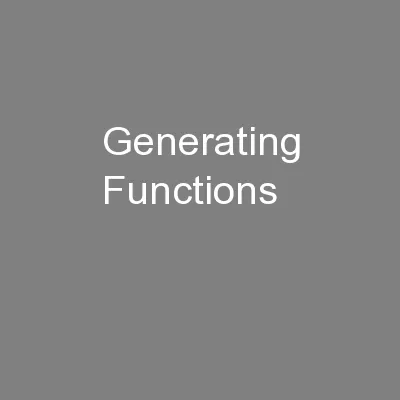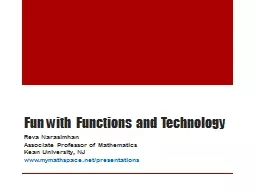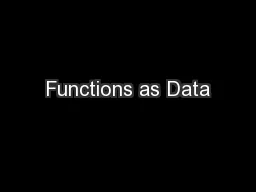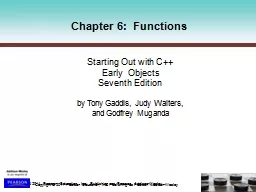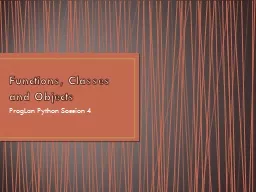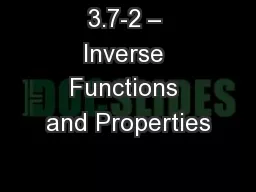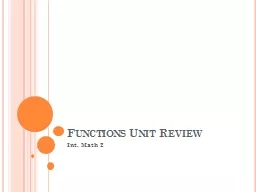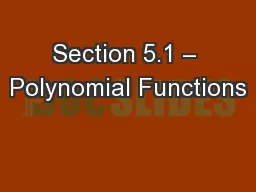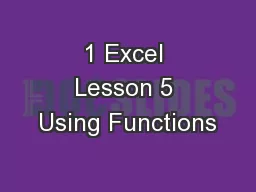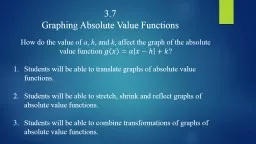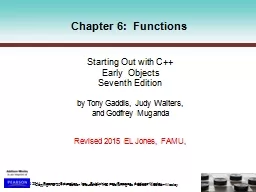PPT-Functions A function is a
Author : celsa-spraggs | Published Date : 2018-02-02
sequence of statements that have been grouped together and given a name Each function is essentially a small program with its own declarations and statements Some
Presentation Embed Code
Download Presentation
Download Presentation The PPT/PDF document "Functions A function is a" is the property of its rightful owner. Permission is granted to download and print the materials on this website for personal, non-commercial use only, and to display it on your personal computer provided you do not modify the materials and that you retain all copyright notices contained in the materials. By downloading content from our website, you accept the terms of this agreement.
Functions A function is a: Transcript
Download Rules Of Document
"Functions A function is a"The content belongs to its owner. You may download and print it for personal use, without modification, and keep all copyright notices. By downloading, you agree to these terms.
Related Documents

